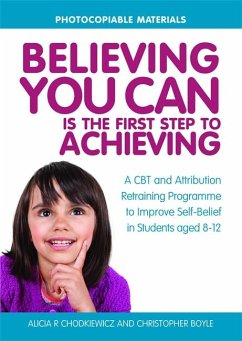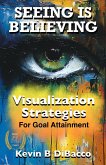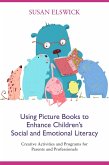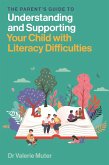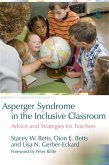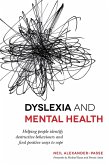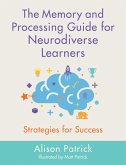Believing You Can is the First Step to Achieving is a fun and engaging programme for students in the upper primary years that teaches the difference between helpful and unhelpful thinking, increases self-belief and in doing so increases motivation to learn.
Do you ever hear students using phrases such as "I'm not smart enough to do this?" or "I know I am going to fail?" Combining techniques from Cognitive Behavioural Therapy and Attribution Retraining, this programme teaches students the link between thoughts, feelings and actions, how to challenge negative thinking and how to celebrate success. The structured programme includes a photocopiable student workbook, role play games and other activity ideas, and all of the instruction and materials needed to easily implement the programme in any school.
This will be an ideal resource for educational professionals looking to increase school attainment, support students who are underachieving, and encourage healthy and happy student development.
Do you ever hear students using phrases such as "I'm not smart enough to do this?" or "I know I am going to fail?" Combining techniques from Cognitive Behavioural Therapy and Attribution Retraining, this programme teaches students the link between thoughts, feelings and actions, how to challenge negative thinking and how to celebrate success. The structured programme includes a photocopiable student workbook, role play games and other activity ideas, and all of the instruction and materials needed to easily implement the programme in any school.
This will be an ideal resource for educational professionals looking to increase school attainment, support students who are underachieving, and encourage healthy and happy student development.
Dieser Download kann aus rechtlichen Gründen nur mit Rechnungsadresse in A, D ausgeliefert werden.

